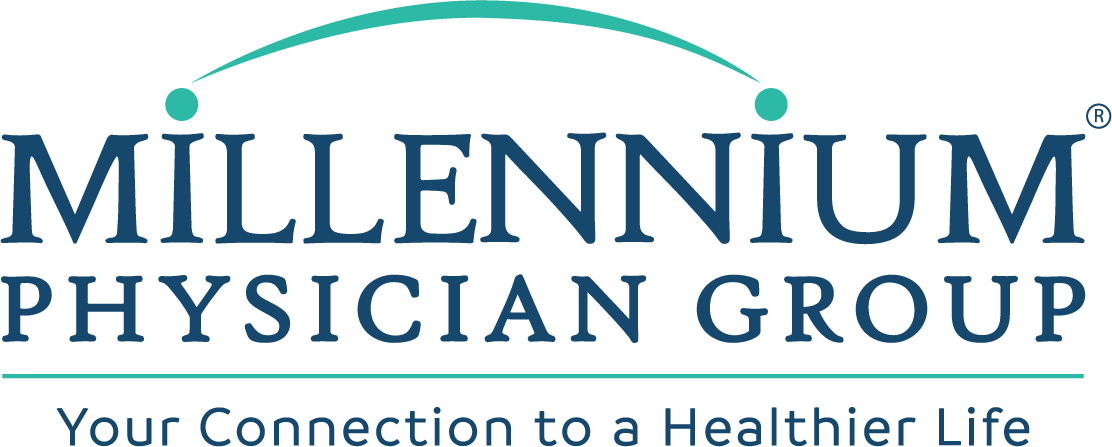Naples Imaging Specialist Sadia Khanani, MD, FSBI is fellowship trained in breast imaging from Harvard Medical School/Massachusetts General Hospital and was most recently an Associate Professor of Radiology at Mayo Clinic. She brings her years of expertise from top-ranked medical centers and her strong clinical and research background to provide you with exceptional breast care.
Meet Millennium’s New Medical Director of Women’s Imaging
Sadia Khanani, MD, FSBI
What is your role with Millennium?
“I am a breast imaging radiologist and Millennium’s new Medical Director of Women’s Imaging. I am excited to be here, and I want patients to know that their exceptional women’s imaging care at Millennium is only going to get greater. We will be bringing lots of new technologies and will be providing standardized practices across our sites.”
How has women’s imaging changed over the years?
“Once upon a time, mammography was the only breast imaging tool we had. But women’s imaging has gone beyond mammography. We have tomosynthesis (3D mammography) breast, MRIs, breast ultrasound, contrast-enhanced mammography, molecular breast imaging, all sorts of interventions, artificial intelligence (AI), and the list continues. So, it’s not just mammography. The (breast cancer) field has progressed so much because of women’s imaging. We can diagnose breast cancers early in a vast majority of cases, so surgeries are less radical and we have better outcomes for patients.”
Why is women’s imaging so important?
“If a woman is going to develop breast cancer, how do we decrease the morbidity and mortality? We know that that’s by diagnosing it early. This is when the cancer is typically really small, and when it’s not something a woman can usually feel. This is why this field is so important. We can truly make a difference in the outcomes of the most common non-skin cancer amongst women.”
Why did you choose to specialize in women’s imaging?
“I chose this field because I find a lot of gratification in being able to make a difference with technology. I see the impact of these technologies on the lives of women day in and day out. I also really enjoy working with a predominantly female patient population. Women are usually the healthcare champions for their entire families. Once they get comfortable with a practice, they’ll bring their families, husbands, and children.”
What are some of the barriers women face when it comes to breast cancer prevention?
“One of the biggest barriers right now is misinformation. Women are confused about when to start, how often to get a mammogram, and when to stop. Although there are multiple guidelines, the American College of Radiology (ACR) and the Society of Breast Imaging (SBI) recommend annual mammograms starting at age 40. Socioeconomic challenges and cultural biases are some other major barriers in breast cancer screening.”
What’s your most important advice for women regarding breast health?
“Just come in for that mammogram. Just come in. It’s painful. It is painful. I know that mammograms hurt. But please know that not diagnosing and having an advanced breast cancer hurts way, way more. Just come in and do the right thing for your body. If you come to the Naples location for a mammogram, I would love to meet you in person.”
What is Your Philosophy of Care?
“My philosophy of care is to treat every patient as if I was treating a loved one.”
Comments are closed.

 Your Safety is our Priority! Masks May Be Required at Millennium Offices.
Your Safety is our Priority! Masks May Be Required at Millennium Offices.